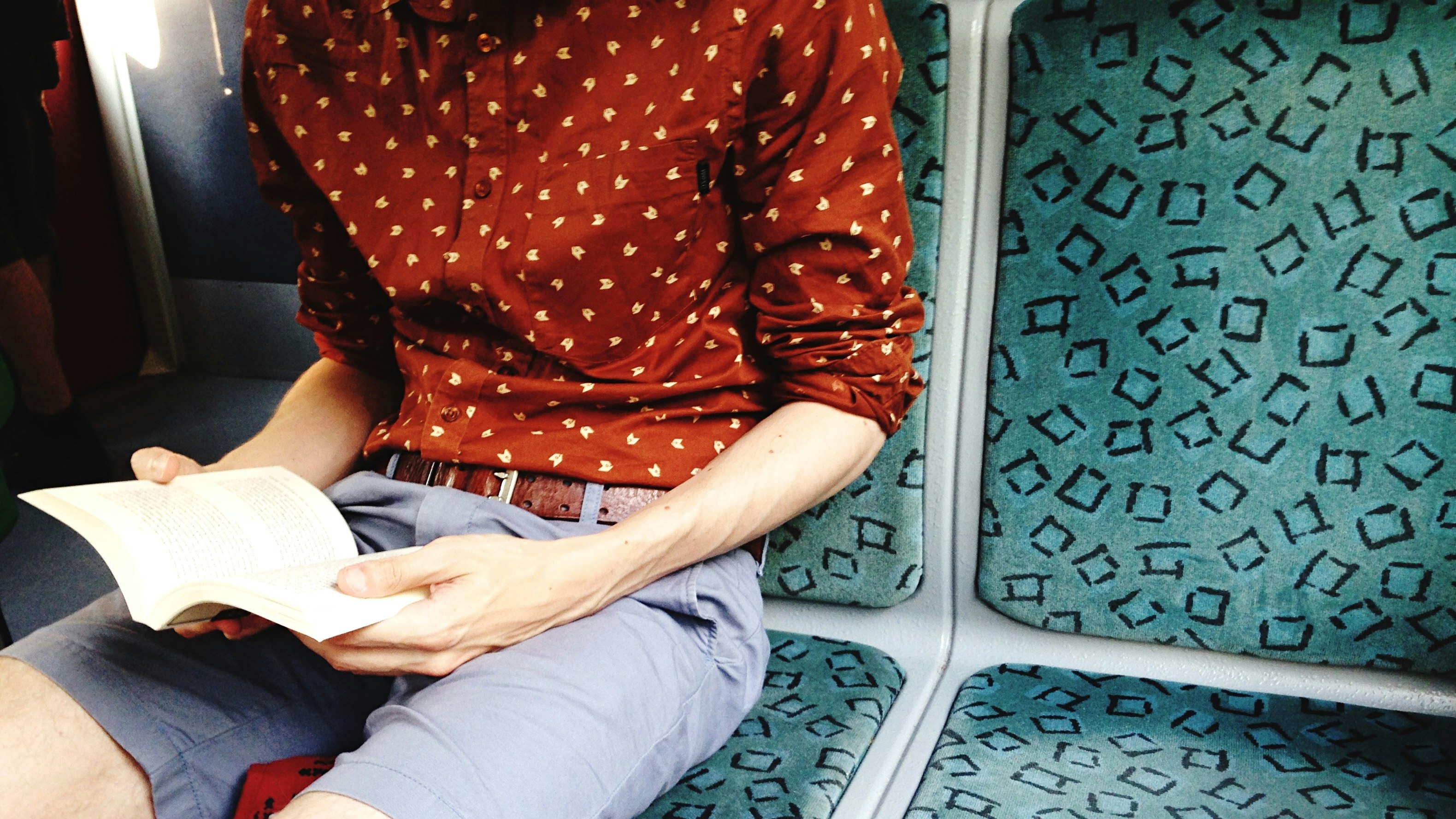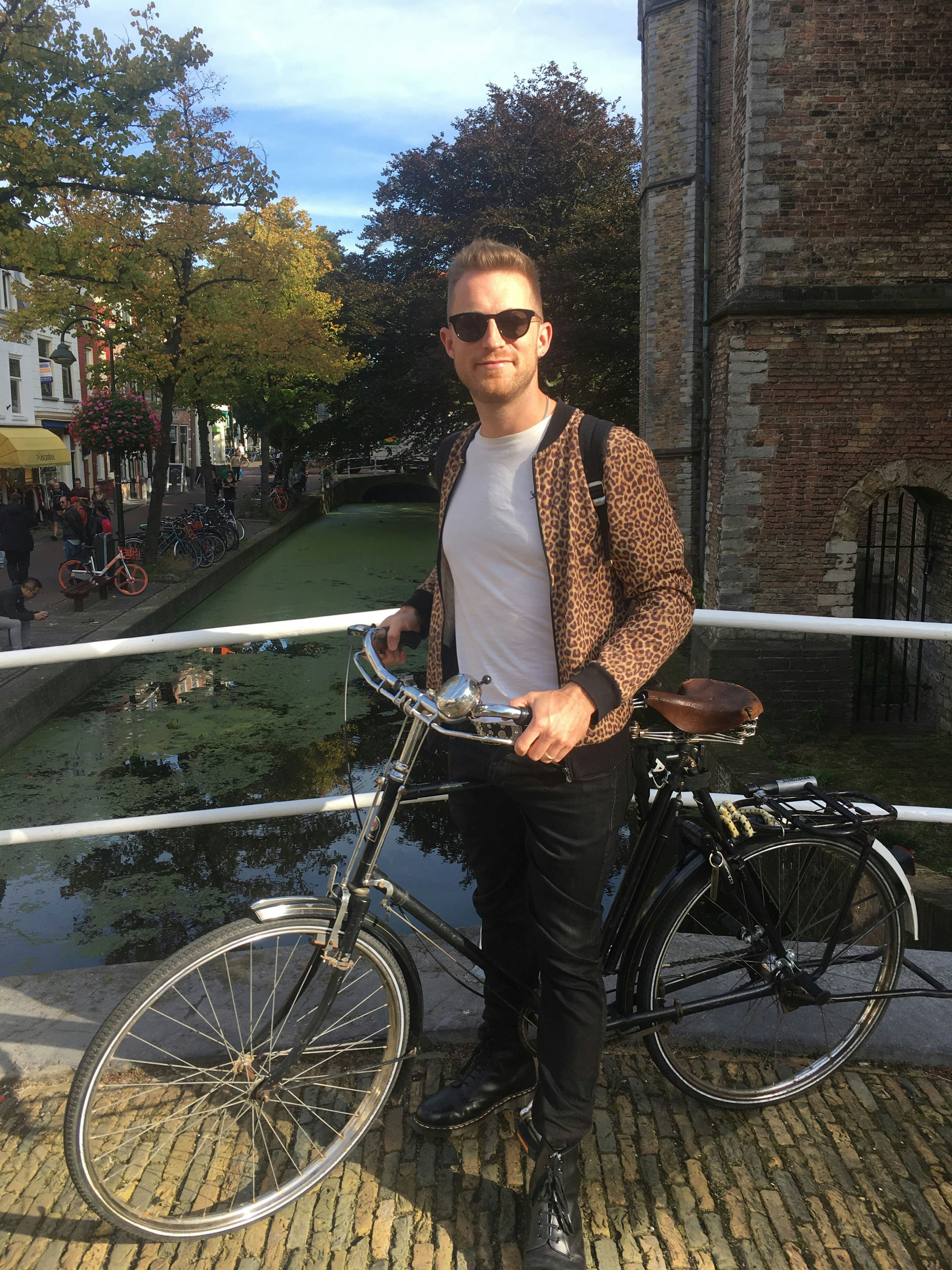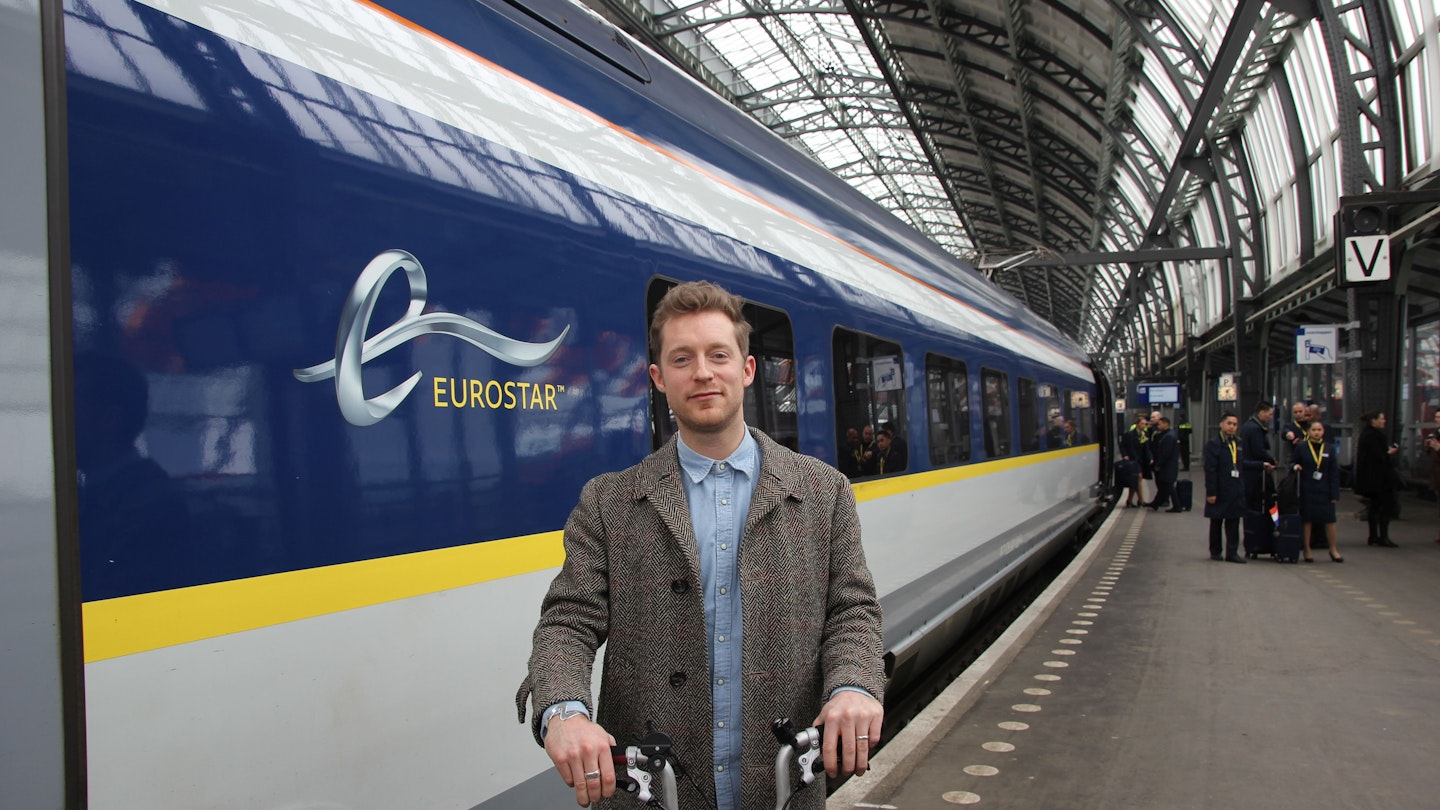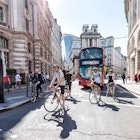Being a travel writer provides a privileged perspective on the world – and what I’ve seen lately has prompted me to quit flying. Here’s what made me rethink the way I travel and how I’ve made it work for me.
Editor's note: this article was published before the COVID-19 pandemic.

The seafloor is a good place to mull things over. It’s one of the last spots where you can truly disconnect; down there it’s just you, the fish and your own thoughts. That’s probably why I like diving so much. On my most recent dive – off the coast of Tioman Island in Malaysia – my thoughts involuntarily turned to the impact I was having on the ecosystem. There were lots of ghostly white corals down there, a sign the ocean was becoming too warm, probably due to climate change.
I reflected grimly on the Great Barrier Reef, thousands of miles away, which was also suffering from bleaching, albeit on a much larger and more catastrophic scale. When I surfaced, I noticed an aeroplane flying overhead. I returned to the shore altered.
I had travelled on a plane to Malaysia from London; a 12,000-mile round trip that emitted around 1000kg of CO2 per passenger. There would be people on Tioman, I reflected, who probably didn’t emit that in a year. Suddenly flying looked like the cigarettes I used to spark up and stub out in disgust. I felt compelled to kick the habit.
That was nearly two years ago now. There have been a few crafty flights since and, like the cigarettes, they left a bad taste. But slowly I weaned myself off aviation (which is responsible for around 2.5% of global emissions and rising) and, where possible, travelled by train instead.
The flight shame movement
It was around this time that I found out about Sweden’s flight shame (or flygskam) movement, which made me realise I wasn’t alone. Other people were also questioning their relationship with flying and by all accounts were having an impact: a slump in Swedish air traffic has been attributed to flight shame.
It remains to be seen whether flygskam’s sister campaign, Flight Free UK, will be as successful in getting UK travellers to eschew flying next year. The aim is that people will realise great holidays don’t necessitate flying and then quit taking planes for good. Some 4500 travellers, myself included, have signed the pledge so far, which admittedly is a long way short of the 100,000 signatures Flight Free UK hopes to collect. Nevertheless, the message seems to be resonating: last month UBS, the Swiss bank, said concern about the environment could halve predicted growth in air traffic.

Fewer planes, more trains
The fall in Swedish air traffic has corresponded with a rise in people travelling, Greta-style, on the country’s railways. Eager to capitalise on this trend, European train companies are now scrambling to offer more high-speed routes, which suits me.
Eurostar, for instance, is pushing for a merger with its Franco-Belgian rival, Thalys, as part of their joint Green Speed project, which aims to link the UK with the Med, the North Sea with the Atlantic and Benelux with the Alps. Increased awareness about climate change is also reviving interest in Europe’s sleeper trains, many of which were shunted into the sidings when it became possible to fly across the continent for the price of a continental breakfast. Rail companies such as Austrian Federal Railways, and the Swedish government, are now looking at bringing them back.
How to keep travel costs down
The one downside of quitting flying is the cost. Perversely, flying often works out cheaper, though not always. A recent train trip to the Côte d'Azur (Eurostar to Paris; glass of wine in the French capital; TGV to Cannes), for example, cost £70 more than the easyJet flight to Nice — and took two hours longer once the airport drudgery was factored in.
While I’ve learned to embrace slow travel and the opportunities it affords me to read, live in the moment and carry all the booze I want, I begrudge paying extra for it. Green parties in Europe are proposing subsidies for rail companies to level the playing field (airlines already enjoy de facto subsidies because they don’t pay tax on kerosene). But until that happens, I have found that booking tickets in advance is the best way to keep costs down. That means forward planning, which has never been my forte. It is now. How dreary.
Quitting flying doesn’t mean the end of spontaneity, though. Last-minute fares are still relatively cheap in Eastern Europe; and Interrail passes make it possible to travel long distances at short notice for a reasonable price.

What I've learned
Since banishing myself from the airways, I have debunked the myth that great holidays involve planes. They don’t. So far I have cycled up the Dutch coast, Interrailed around Northern Europe and travelled to Scotland on the Caledonian Sleeper (AKA “Caledonian Insomnia”), though not since it was given a £150 million makeover.
My work was positively impacted
Weirdly, I have more work than I did before I quit flying. Editors have been largely supportive, offering me assignments closer to home and paying extra for me to travel on long-distance trains. I thank them.
The complicated personal side of staying grounded
How I long to go back to Africa, though, which is still possible but less so. This raises an ethical dilemma: the fate of some of the world’s wildest places are linked to tourism. If nobody flew to the savannas and jungles of Africa, Asia or South America, there would be less imperative to protect them. (The same logic doesn’t apply to stag dos in Budapest.)
This complicates the picture and so does my brother, who lives in Canada. Perhaps at some point I’ll have to temporarily lift the ban in the name of brotherly love. Maybe I could look into the murky world of carbon offsetting. For now, though, as we reach a climate tipping point, staying grounded feels like an appropriate response.
You might also like:
Amtrak unveils new high-speed, low-carbon trains with sleek extras
Travel between London and Amsterdam in just four hours on a new high-speed train
Innovative sustainable tourism attractions around the world
Make sure you're ready for anything with travel insurance from our trusted partners.











